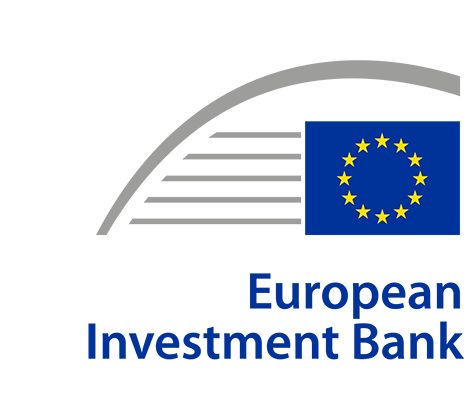Thanks to a business training carried out by microStart in Belgium, in partnership with the European consortium for the PLOUTOS project, Marceline Uwineza— a Rwandan national now residing in Brussels with her family—gained confidence in her business project and embarked on a fresh start. Funded by the European Asylum, Migration and Integration Fund (AMIF) across seven European countries, PLOUTOS, has already played a crucial role in the integration of more than 300 third-country nationals during its pilot project stage.
Like many of the 13 000 Rwandans currently living in Belgium following the 1994 genocide, Marceline Uwineza had to leave her hometown Kigali, fleeing political threats and hoping to build a better future for her family.
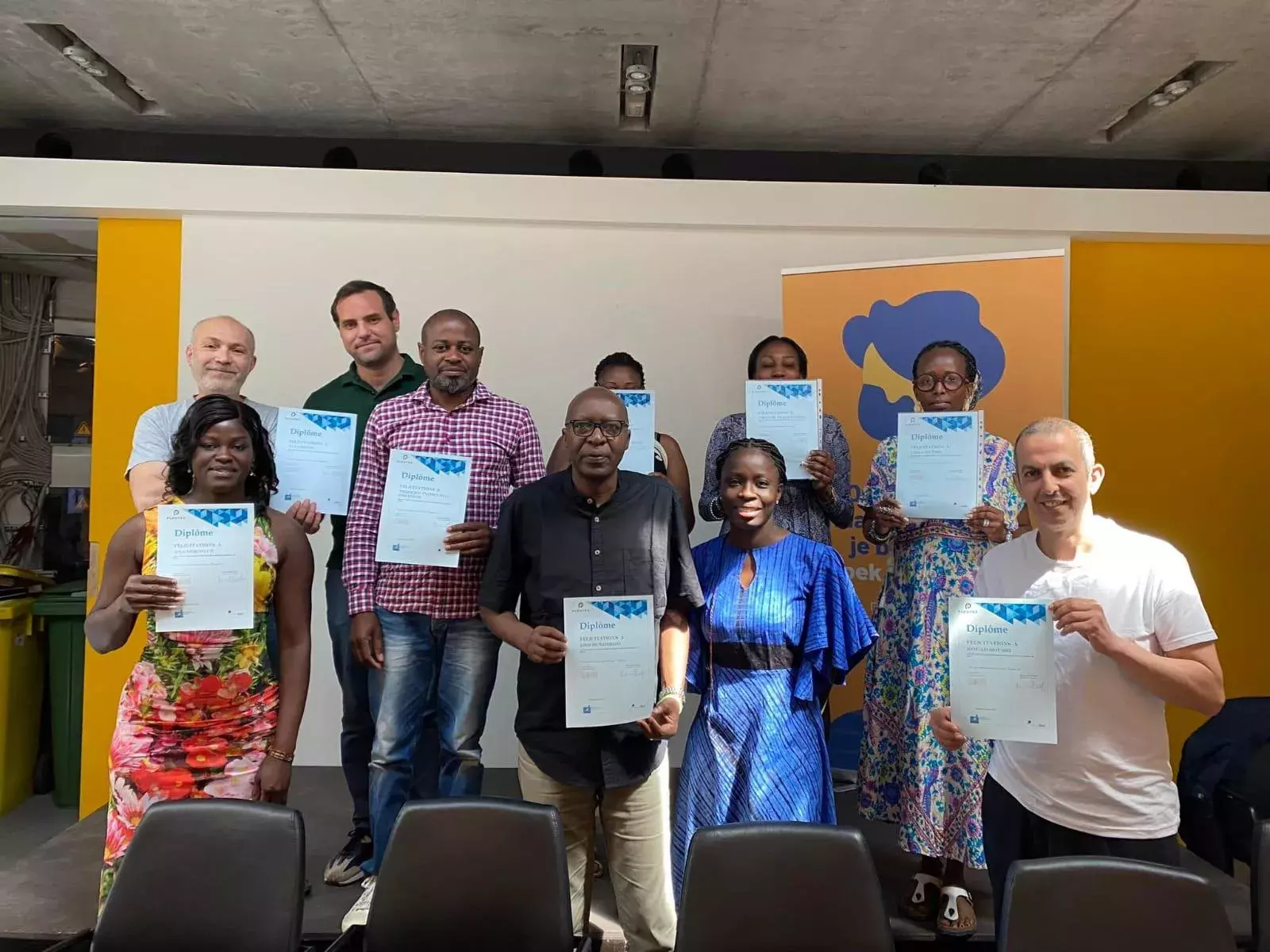
Business literacy course in Belgium, “This training gave me confidence and visibility in my project”, Marceline Uwineza.
“It is important for me to sustain myself from the fruits of my labour rather than relying on social subsidies,” says forcefully this courageous and determined 41-year-old woman, referring to the help she received upon her arrival in Belgium at the integration office for new arrivals in the Brussels area.
“I first did an equivalence in business administration to be able to work in my area of expertise. However, I encountered linguistic difficulties, particularly with Dutch, and I quickly understood it would be very complicated for me to find a job in my field,” she explains.
With a degree in business administration in Rwanda, Marceline Uwineza took her first steps as an entrepreneur in the field of automobile parts sales in Kigali. Later, she transitioned to a banking role. “I really enjoyed selling automotive parts and dedicated 9 years to this profession. But sales were no longer sufficient to be able to make a living,” regrets Marceline, and adds: “If I could choose, I would start the same business in Belgium.”
Determined to get by, she decided to become self-employed after finding out about the training options available to her. She ended up successfully retraining as a taxi driver. In November 2022, she applied to obtain her own license plates to practice as a taxi driver and simultaneously searched the internet for financing options from the microfinance institution microStart.
“In March 2023, microStart told me about the financial education training I signed up for. To present a microfinancing project, I need my license plates, professional card, and VAT number. Once I get all these documents, I can apply for a microcredit of around EUR 15 000 to EUR 25 000 to buy an electric car,” she says.
Marceline is the best advocate of PLOUTOS training and she strongly encourages her friends to take the plunge: “My life today in Belgium is very different from the one I left in Africa. Even if it's not easy every day, Belgium gave me the chance to build a life project. So, I feel thankful and in turn, I must bring something to my new homeland,” she says.

Marceline Uwineza, an advocate of PLOUTOS training
Established in 2011, microStart is one of the most dynamic European players in the world of microfinance in Belgium and has developed, as part of the partnership with PLOUTOS, two training courses linked to entrepreneurship (business language and financial education) intended for people who have limited knowledge of French and come from third countries. To date, David Taquin, a Chief Development Officer at microStart, has successfully trained 60 people as part of this partnership.
MicroStart has vast experience in providing business development services (BDS) to vulnerable groups, including third country nationals (TCNs) and was therefore a natural partner to conduct the PLOUTOS training courses. At microStart, BDS is regarded as an integral part of the support provided before, during and after microfinance – and as a factor that has real impact on the success probability of entrepreneurial undertakings.
Doing more for entrepreneurship
“Many participants whom we considered far from entrepreneurship or wage employment turned out to be very motivated. There were a lot of exchanges between participants, and this lifted the group’s spirits. A lot of people have requested personalised coaching to make business and financial plans. Many of them also received a microcredit to start their entrepreneurial journey. PLOUTOS really answers a need on the ground for this demographic”, indicates David Taquin.
"A lot of people have requested personalised coaching to make business and financial plans. PLOUTOS really answers a need on the ground for third-country nationals wanting to open their own business", David Taquin, Chief Development Officer at microStart.
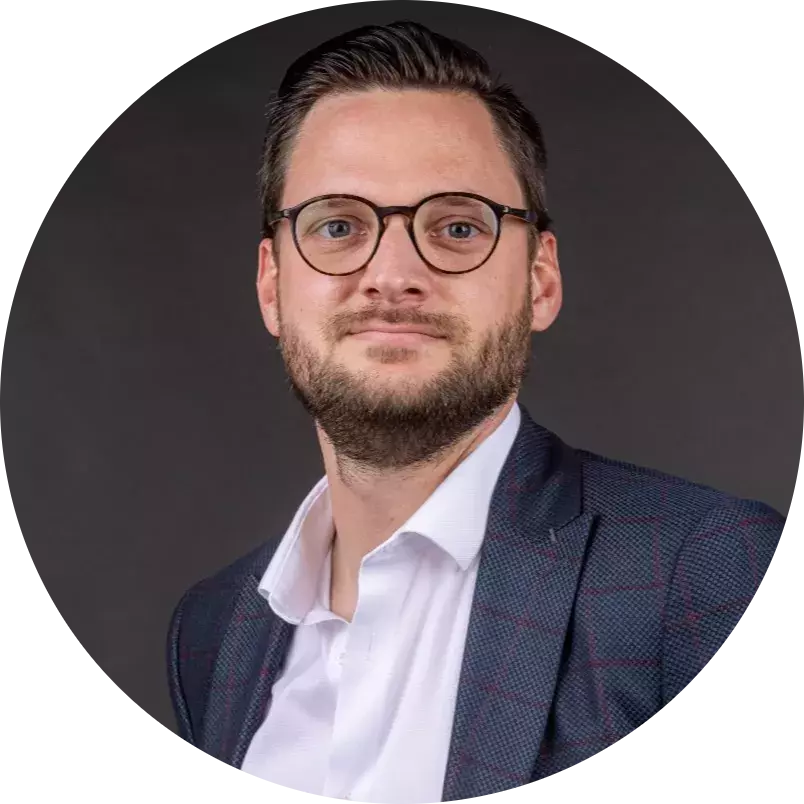
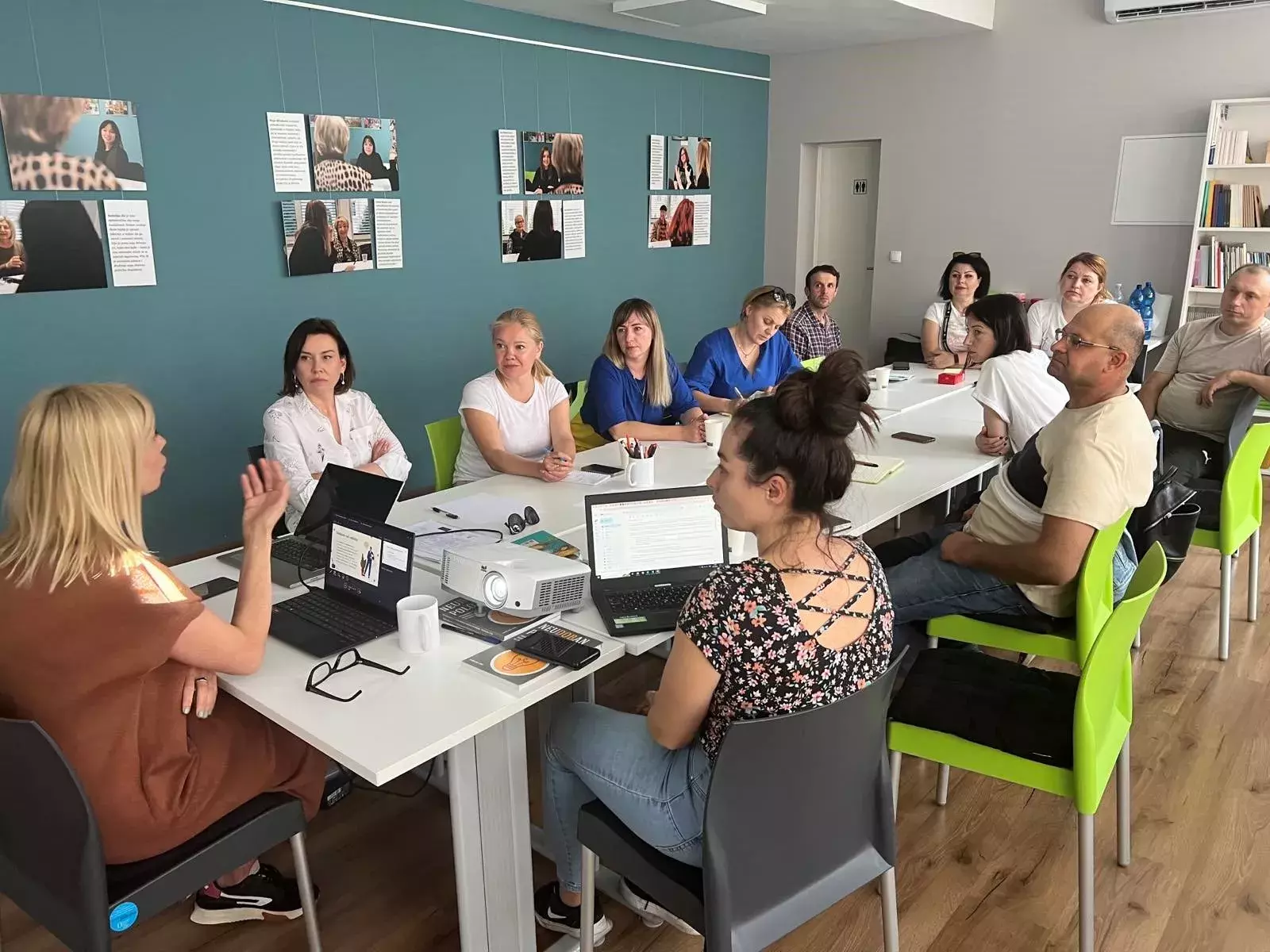
Thanks to the implementation of business language and financial culture courses in Greece, Cyprus, Bulgaria, Italy, Sweden, Croatia and Belgium, PLOUTOS aims to help participants make sound financial decisions to launch their own business.
This was confirmed by Marceline Uwineza who says she is very satisfied with her first PLOUTOS training: “The training taught me a lot. I learned to present a solid business plan, to calculate my expenses, my income, to understand the different taxes one must pay in Belgium when you are an entrepreneur, to write an income declaration and how VAT works”, she says, gaining confidence in becoming self-employed. “We just need to promote this training more via channels which are closer to the target audience, such as centres for newcomers,” she suggests.
We find the same confidence and enthusiasm among other participants from different pilot countries, notably Lazaro Moujon Fernández, a Cuban native who has been living in Athens for 5 years: “I love cooking and I want to open a Cuban restaurant. I needed to learn about Greek law and how to get a loan or find money to start my business. The literacy classes helped me a lot. They taught me important things about money management, fraud awareness, and smart investing. Now I feel more confident to pursue my passion, open my own Cuban restaurant and bring the delicious flavours of Cuba to Greece.”
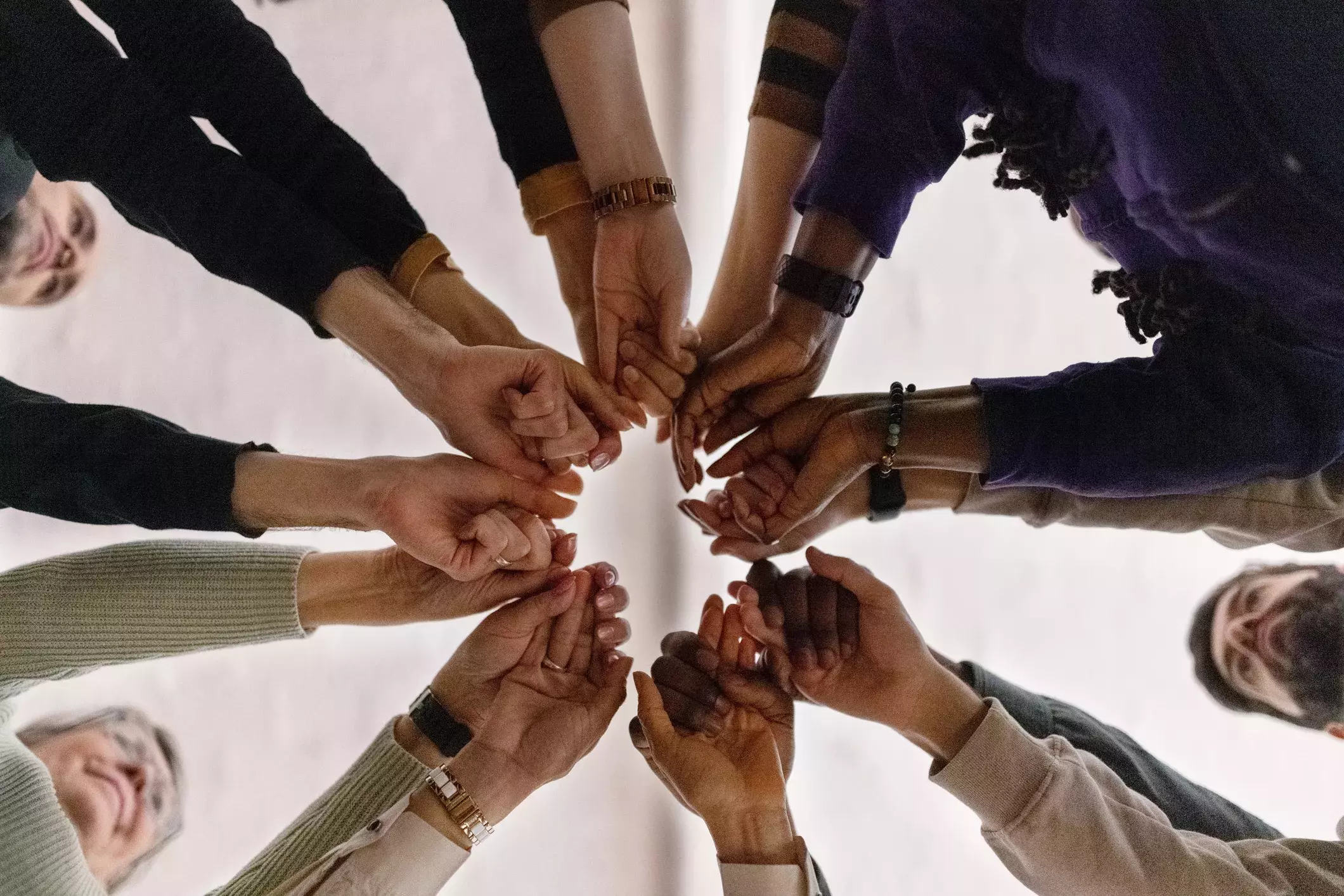
PLOUTOS pilot project partners
- Halmstad University (Sweden)
- Aristotle University of Thessaloniki (Greece)
- Innovation Hive (Greece)
- Future Needs (Cyprus)
- ABI Lab (Italy)
- CESIE (Italy)
- Squaredev (Belgium)
- European Microfinance Network (Belgium)
- Centre for Peace, Nonviolence and Human Rights (Croatia)
- Sofia Development Association (Bulgaria)
- Breza Youth Association (Croatia)
Improving career prospects for third-country nationals
“The 11 partners involved in PLOUTOS made the following observation: upon their arrival in Europe, third-country nationals struggle to open their own business because of a lack of language proficiency and financial skills”, says Jorg Schoolmann from the European Microfinance Network. Thanks to the implementation of BDS such as business language and financial culture courses in countries on the front line of migratory flows such as Greece, Cyprus, Bulgaria, and Italy as well as Sweden, Croatia and Belgium, PLOUTOS aims to help participants identify opportunities and risks in the financial world and make sound financial decisions to launch their own business. “PLOUTOS helped us understand this: there is an integration path for these people in a good number of European countries, but this path mainly focuses on social rights. It must therefore be supplemented by a kit on entrepreneurship,” adds David Taquin.
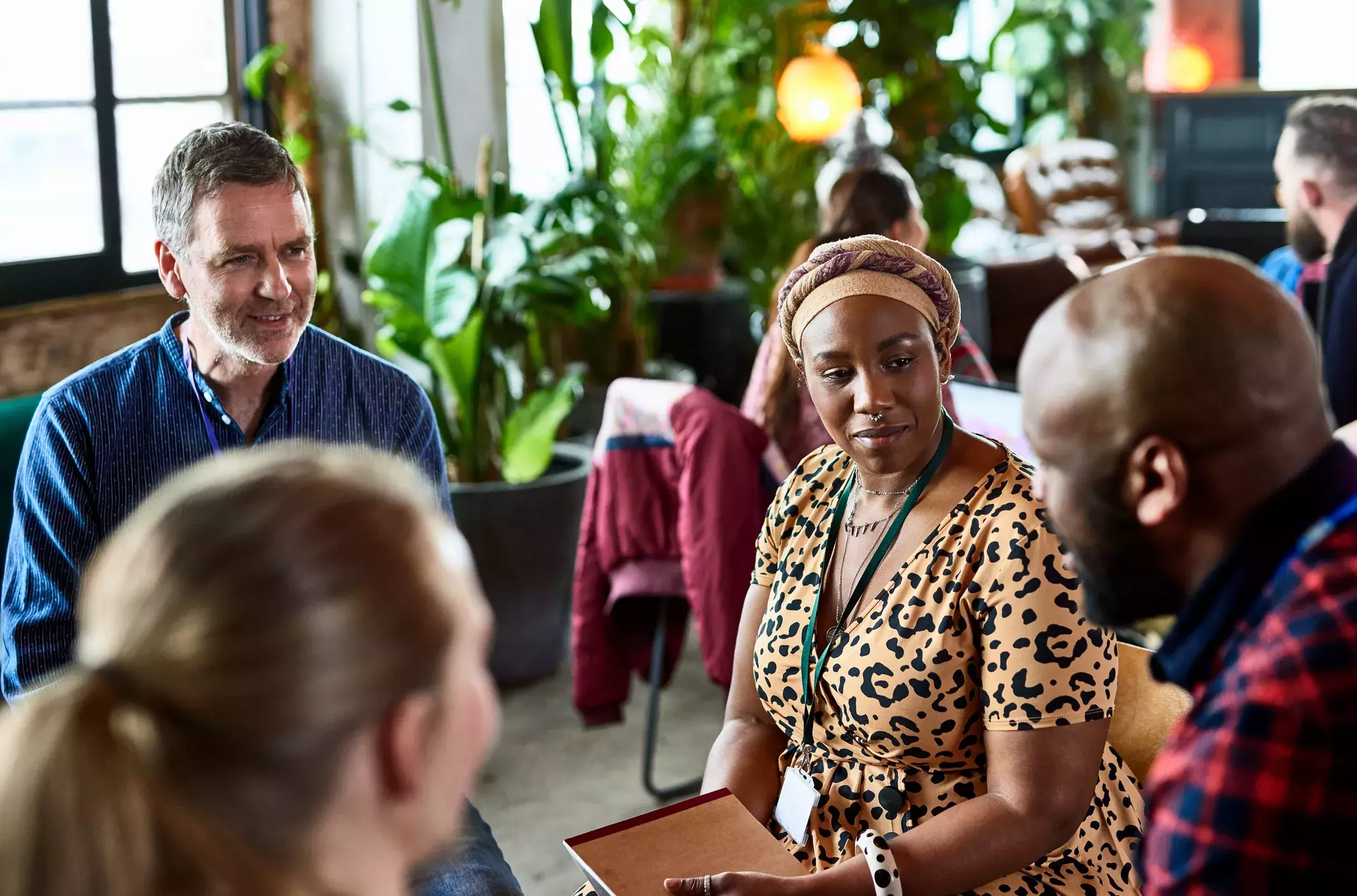
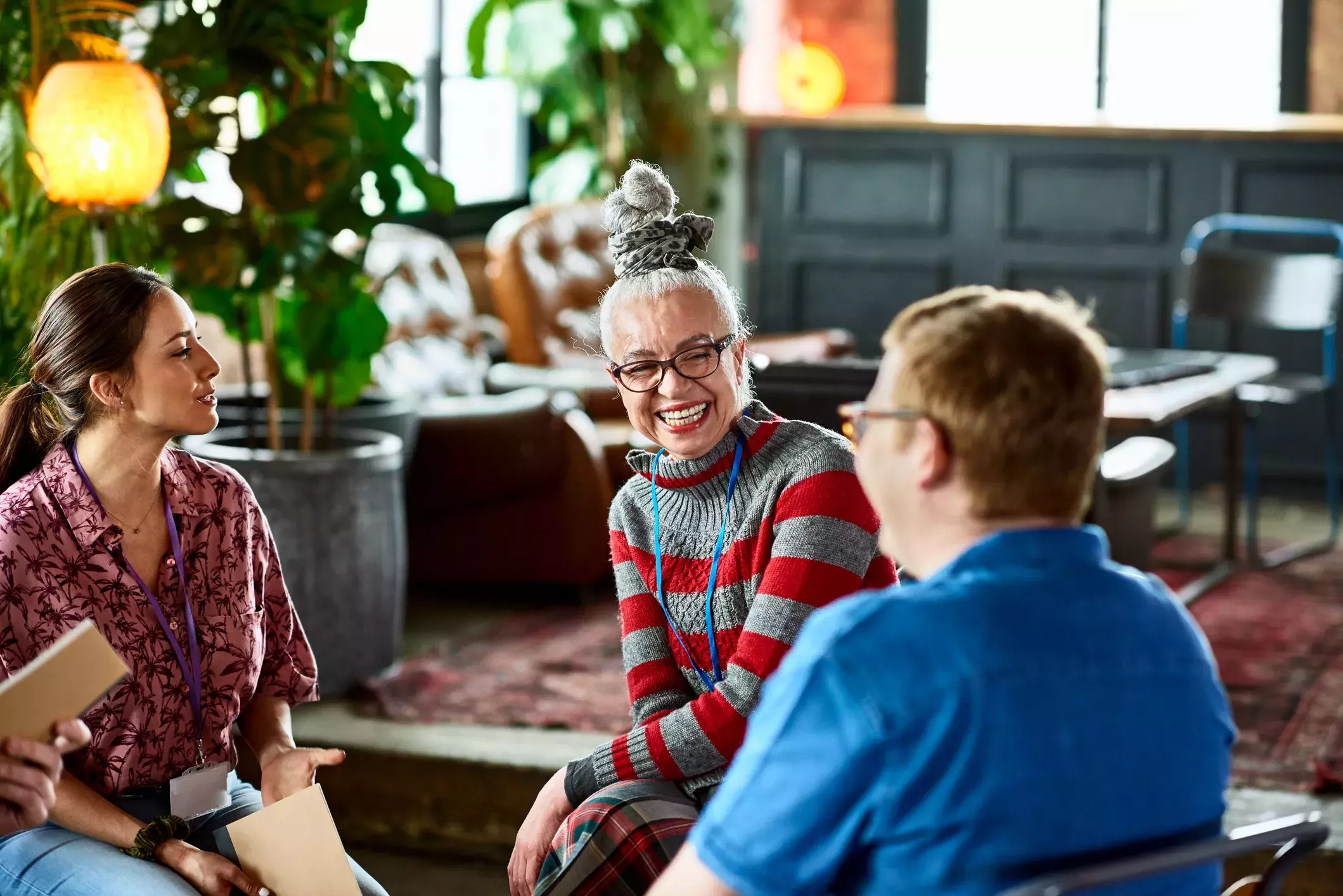
To help this audience bridge the gap between the skills they learnt in their country of origin and their arrival in a European country and thus facilitate their integration, the consortium has built a package of training and tools. To be able to participate, third-country nationals must have lived in the pilot countries for at least three years and be aged 18 to 40. Available both face to face and online, courses use a variety of teaching methods and guest lectures to ensure a comprehensive learning. Both training programmes have been translated into seven languages. During the translation process, all partners adapted the two programmes according to their own national contexts, e.g. national banking system, national laws, national terminology.
In total, more than 300 non-EU nationals participated in the two courses, with an average of 15 online or face-to-face sessions, 50 hours of classroom lessons and 12 hours of homework. More than 30 nationalities from outside the EU participated with different profiles ranging from students to jobseekers, refugees and employees, and more than 40% were women. "As a language teacher, I have had the opportunity to offer business language courses and financial education programmes to third-country nationals living in the EU. It has been a truly enriching experience to see the transformative impact of education. By equipping individuals with language skills and financial knowledge, we not only improve their career prospects, but also promote their integration into European society. Together we break down barriers, bridge cultures and create a better future for all,” explains Daphné Samara who participated in the pilot project in Greece.
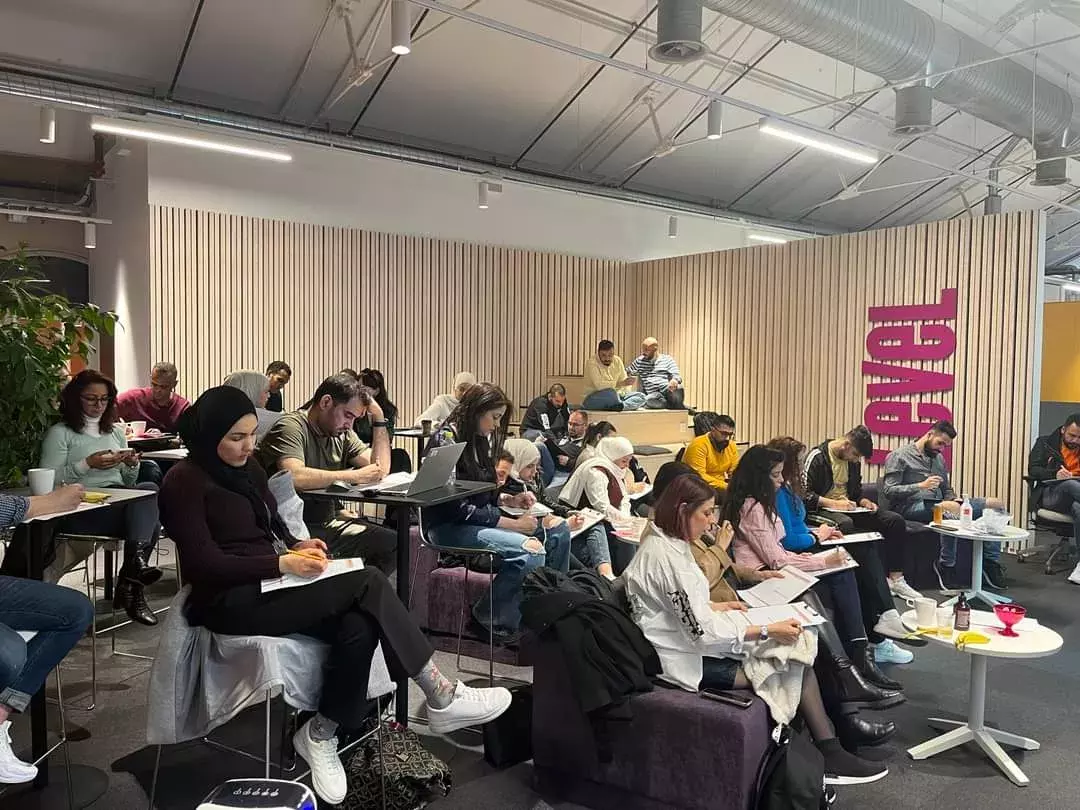
More than 30 nationalities from outside the EU participated with different profiles ranging from students to jobseekers, refugees and employees, and more than 40% were women.
Ongoing developments
One of PLOUTOS partners, SquareDev, a Belgian SME specialising in research and AI systems, has developed a multilingual digital platform aimed at supporting the financial education of third-country nationals living in the EU. Available in English, Greek, Bulgarian, Italian, Croatian, Swedish and French, this platform is made of three different sections: the PLOUTOS Practice Business Virtual Environment (PBVE), the PLOUTOS Microfinance Platform (MP) and a library.
“The PBVE aims to virtualise the structure, functioning and operations of a real company (loan requests, tax procedures, employee insurance, postal transactions, product promotion, virtual import-export, banking transactions, etc.) in a learning environment where beginners can acquire professional knowledge and practical skills.
The Microfinance Platform (MP) will also be a powerful tool because it allows beneficiaries to gather all the necessary documents to apply for a microcredit loan,” indicate representatives of the European Microfinance Network. It will be used both as a training environment and as a real tool that financial institutions (banks and microfinance providers) can adopt to better serve their clients.
Finally, for people already at an advanced stage in their business project, PLOUTOS offers the opportunity to test and develop practical skills in managing their own business (market research, business planning, financial management) alongside mentors and peers. “5 to 10 third-country nationals per pilot country will participate and complete the Business Practice programme, and they will be able to answer questions they may have on starting or improving their entrepreneurial activity,” explain the representatives of the European Microfinance Network.
More information
Website: https://PLOUTOSproject.org/
LinkedIn: https://www.linkedin.com/company/PLOUTOS-project/
Third country nationals (TCNs) face specific challenges when starting their own business in the EU, which go beyond the access to (micro-)finance. Projects such as PLOUTOS highlight the significant need for BDS tailored to the specific requirements of TCNs. Grant schemes, implemented on EU-level (such as PLOUTOS) or on national level using resources from shared management funds such as AMIF and/or ESF+, can help provide financial support to e.g. microfinance institutions (MFIs) to enable them to provide BDS in form of training, coaching and mentoring to entrepreneurial TCNs. It is important that both, non-financial support to TCNs in form of BDS and access to finance (e.g. through microloans) are closely linked. Ideally, these services should be available to TCNs through one source, e.g. through a ‘one stop shop’ approach.





